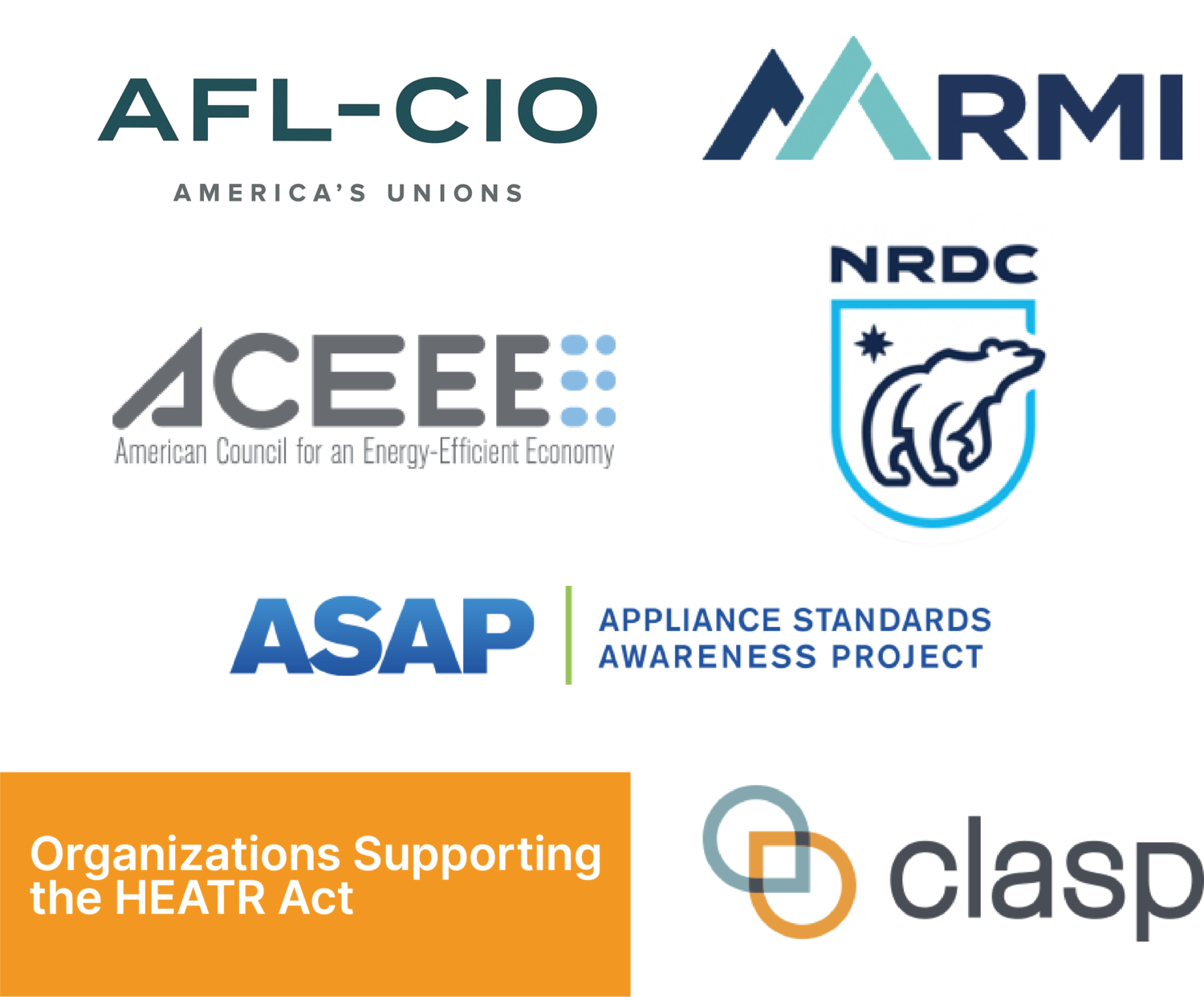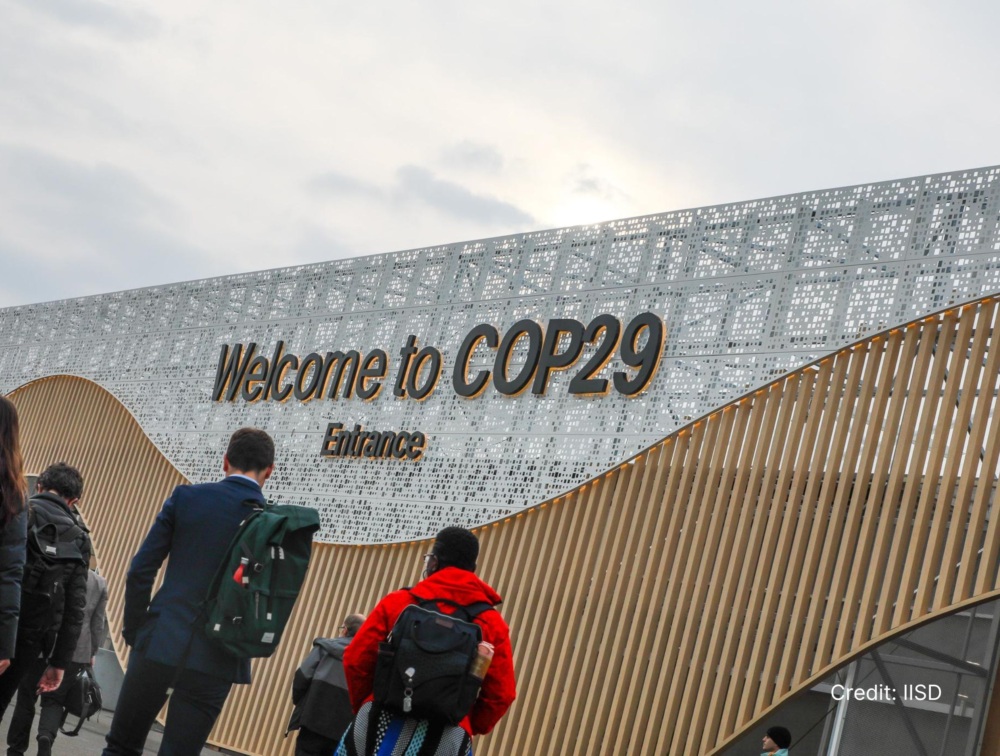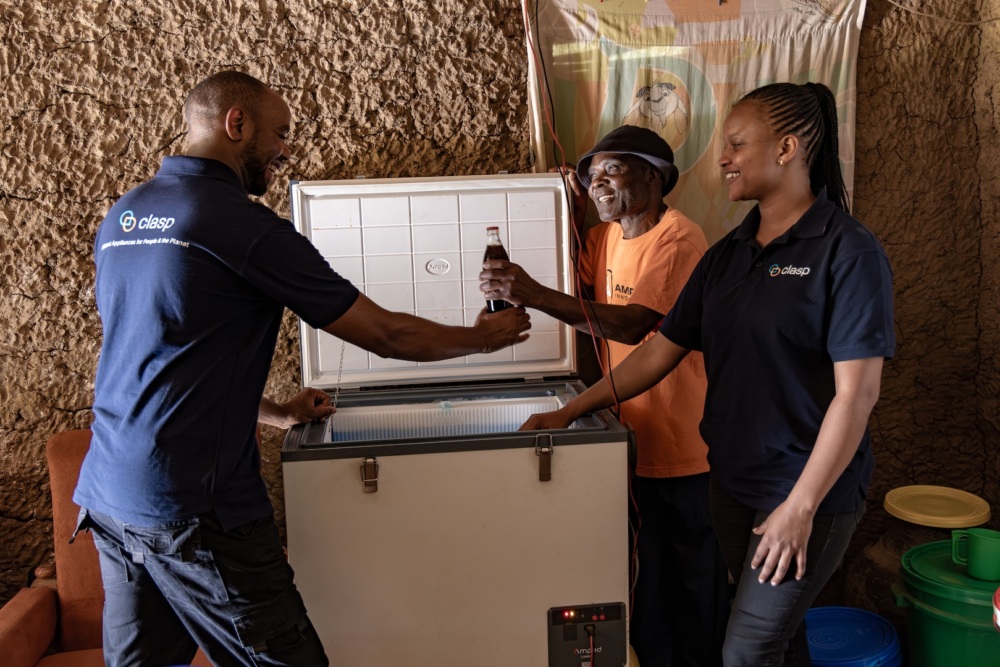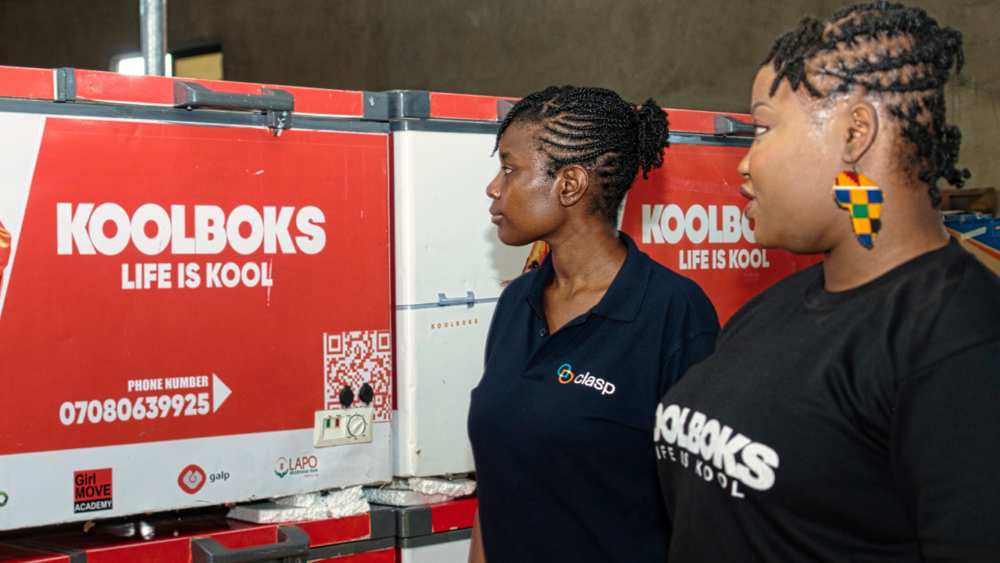HEATR Act Introduced in US Senate
The Heating Efficiency and Affordability Tax Relief (HEATR) Act proposes incentives for manufacturers to increase production of heat pumps and phase out production of inefficient, non-condensing air conditioners.
Heat pumps, which can both cool and heat indoor spaces, are up to four times more efficient than traditional equipment, providing a significant opportunity to save people money on energy bills, cut greenhouse gas emissions, and decrease our reliance on oil and gas. With the rapid increase in fossil fuel prices and an accelerating climate crisis at hand, US policymakers are scoping out effective and affordable climate solutions.
In early May, Senator Amy Klobuchar introduced the Heating Efficiency and Affordability Tax Relief (HEATR) Act. Drawing directly from recommendations in CLASP’s 3H Hybrid Heat Homes report, the bill aims to establish upstream incentives for manufacturers to transition production to heat pumps, resulting in lower upfront costs to consumers and accelerated deployment of the super-efficient technology.
Supplementing traditional home heating with heat pumps offers noteworthy climate and economic benefits. The average household can cut fossil fuel use by 39% when running a heat pump above 41°F/5°C and save $154 per year in operating costs.
Support the HEATR Act
Underscored by the Russian invasion of Ukraine and skyrocketing oil and gas prices globally, CLASP and our partners are urging other NGOs and civil society organizations to voice their support for the bill.
To endorse the HEATR Act, please fill out this form.

Thus far, the legislation is endorsed by CLASP, the Appliance Standards Awareness Project (ASAP), the American Council for an Energy-Efficient Economy (ACEEE), the Natural Resource Defense Council (NRDC), RMI, AFL-CIO and 21 additional organizations.
More About the Bill
The HEATR Act was introduced by Senator Klobuchar and co-sponsored by Senators Hickenlooper, Whitehouse, Leahy, Merkley, and Booker.
Targeted manufacturer incentives can help keep the purchase cost of the equipment low by avoiding markups along the manufacturing and distribution process. This strategy helps to reduce the high upfront costs to consumers, lowering the barrier for mass heat pump deployment across the US, and complements the consumer-facing incentive currently proposed in Build Back Better.
The bill is currently awaiting approval from the Senate Finance Committee.
To learn more about the bill and heat pump technology, explore the following resources:
- Bill Text and Bill Status
- CLASP 3H Hybrid Heat Homes Report
- Replacing Residential Heating Oil with Heat Pumps in the US
Press
- Senator Klobuchar’s Press Release.
- Senator Smith’s Press Release.
- A new bill could speed up American electrification by 20 years, Canary Media.
- New Senate Bills Encourage U.S. Heat Pump Manufacturing Jobs, NRDC.
- The U.S. Is Addicted To Gas Heating. A New Bill May Make Going Electric The Easy Choice, Huffington Post.
- Two new bills could help pump up a climate-friendly system for heating and cooling homes, Popular Science.









